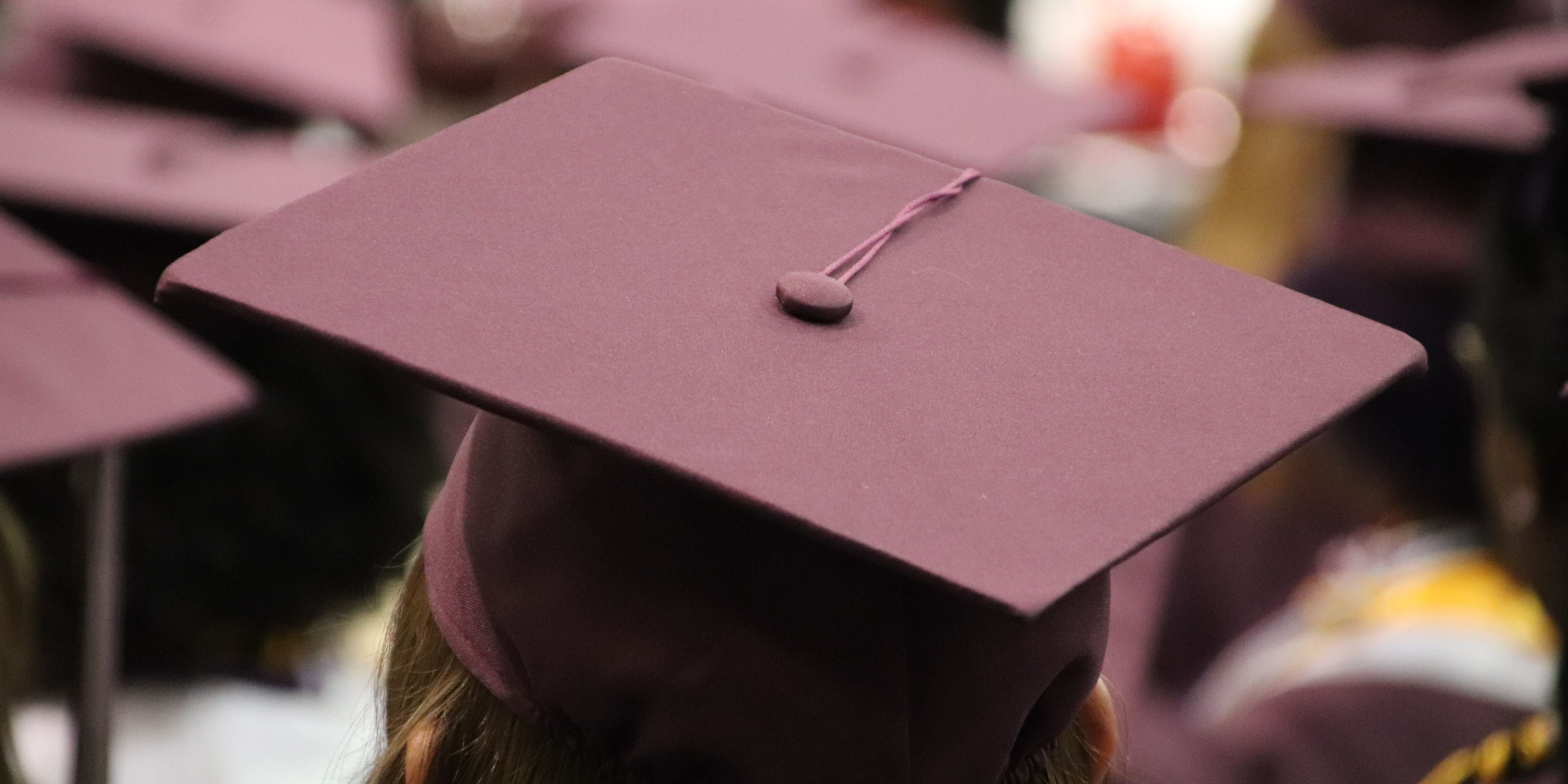Universities are five times more likely to give first class degrees
Universities are giving five times more first class degrees than a decade ago, according to figures released by the higher education regulator.
The figures came from a selection of universities known as Tef3 and show that at least one university is awarding five times as many first class degrees.
Within the sector, some argue that the increase of the higher awards is due to pressure from league tables and students, making academics more likely to feel generous.
But Warwick finalist India-Mae Alby simply believes that hard-working students were getting the grades they deserve. She said: “I think it’s a good thing that students are getting higher grades if that’s what they truly deserve.
“No one goes to uni and works super hard just to leave with a 2:1 when they know they deserved a first. I don’t think we should focus on quotas but instead focus on the effort and time students put into their degrees, against ever increasing odds – for example, mental health problems exacerbated by financial stress, worrying about the future.
“Warwick’s Law School is notoriously difficult to succeed within, yet law students are some of the hardest working I’ve encountered at Warwick.
“Students should be rewarded for their sacrifice.”
Students should be rewarded for their sacrifice
– India-Mae Alby
Working with figures from 2015-2016, a Press Association Survey discovered that more students graduate with a first-class honours than a lower-second-class honours. It revealed that 24% graduate with a first, whilst 21% graduate with a 2:2 and 51% with a 2:1.
This trend is seen at universities such as Wolverhampton and Liverpool, with the 5% of students receiving first-class degrees at the former institution in 2006-2007 increasing to 28% in 2016-2017. At Liverpool, the proportion more than doubled, increasing from 12% to 27% within the same time-period.
In 2016, the University of Surrey awarded a first class degree to 41% of students whilst at UEA they have almost trebled.
The University of Warwick does not follow this trend, with only a 5% increase of first-class degrees from 22% in 2006-2007 to 27% in 2016-2017 and the proportion of 2:1 degrees remaining at 54%.
Regarding this high percentage of first-class degrees, the University of Warwick commented: “Warwick is one of the UK’s top ten universities, and it is ranked as one of the top 100 in the world, which means that it attracts some of the world’s most highly qualified students. It is therefore no surprise that many of those students also then leave Warwick with significant academic achievements.”
Warwick History alumnus James Roberts, who graduated with a 2:1 in 2017, said: “During my time at university I often found the gap between a 2:1 and a first difficult to bridge so these figures surprise me.
“While a lot of people end up with a 2:1 there was a select few on my course who came out with a first so I still believe that all students who achieve a first do so completely on merit.”

Comments